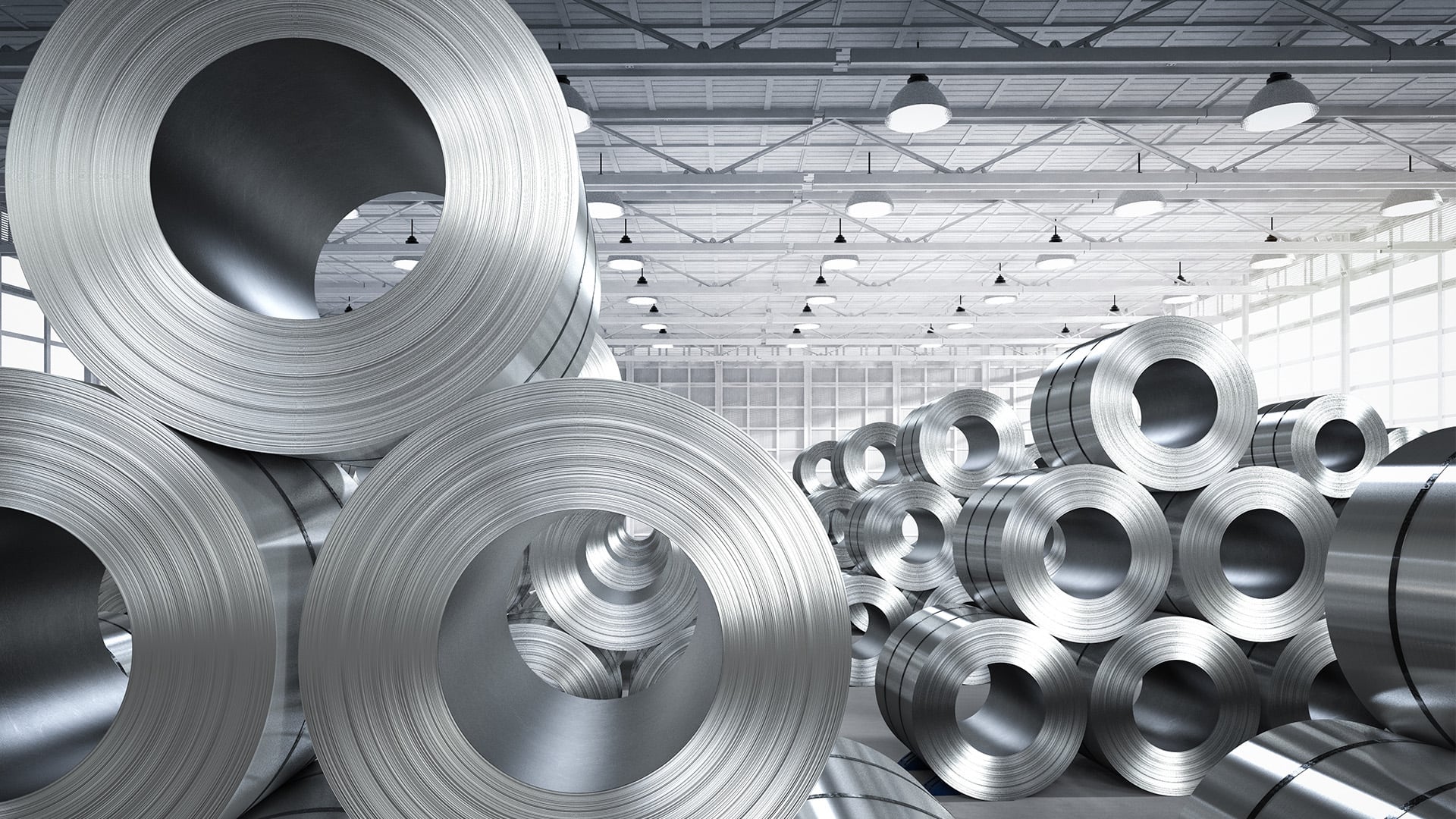1. Steel Production: The production process of stainless steel pipes starts with the production of high-quality stainless steel. Stainless steel is a mixture of iron, nickel, chromium, and other alloys. Stainless steel is obtained by melting and mixing these alloys in specific proportions.
2. Forming into Bars: Molten stainless steel is formed into bars or sheets. This can be done using different methods such as casting or extrusion.
3. Pipe Production: Steel bars are transformed into various shapes to create stainless steel pipes. This can involve either seamless or welded pipe production. Seamless pipes are produced by shaping a steel bar into a pipe through processes like hot rolling or cold drawing, while welded pipes are made from sheets and joined together through welding.
4. Processing and Straightening: The produced pipes often undergo various processes, including straightening the inner and outer surfaces, checking the thickness, and adjusting the dimensions to meet specific tolerances.
5. Heat Treatment: Stainless steel pipes can be subjected to heat treatment to improve hardness, strength, and other properties.
6. Surface Coating: Stainless steel pipes may undergo electro-polishing or other surface coating processes to maintain their corrosion-resistant properties and enhance their aesthetics.
7. Inspection and Testing: Manufactured pipes are subjected to various tests and quality control processes. These tests can include leak testing, tensile strength testing, chemical composition analysis, and other checks.
8. Cutting and End Shaping: Pipes are cut to the desired lengths and their ends are shaped as needed to make them suitable for their intended use.
9. Packaging and Distribution: Finally, stainless steel pipes are appropriately packaged and prepared for distribution.
Stainless steel pipes find applications in various industries, including food processing, chemical production, petrochemicals, marine, automotive, construction, and many more. The production process may vary depending on the specific application and quality requirements of the pipes. Therefore, the production of stainless steel pipes is a complex process that involves the implementation of various processes.
